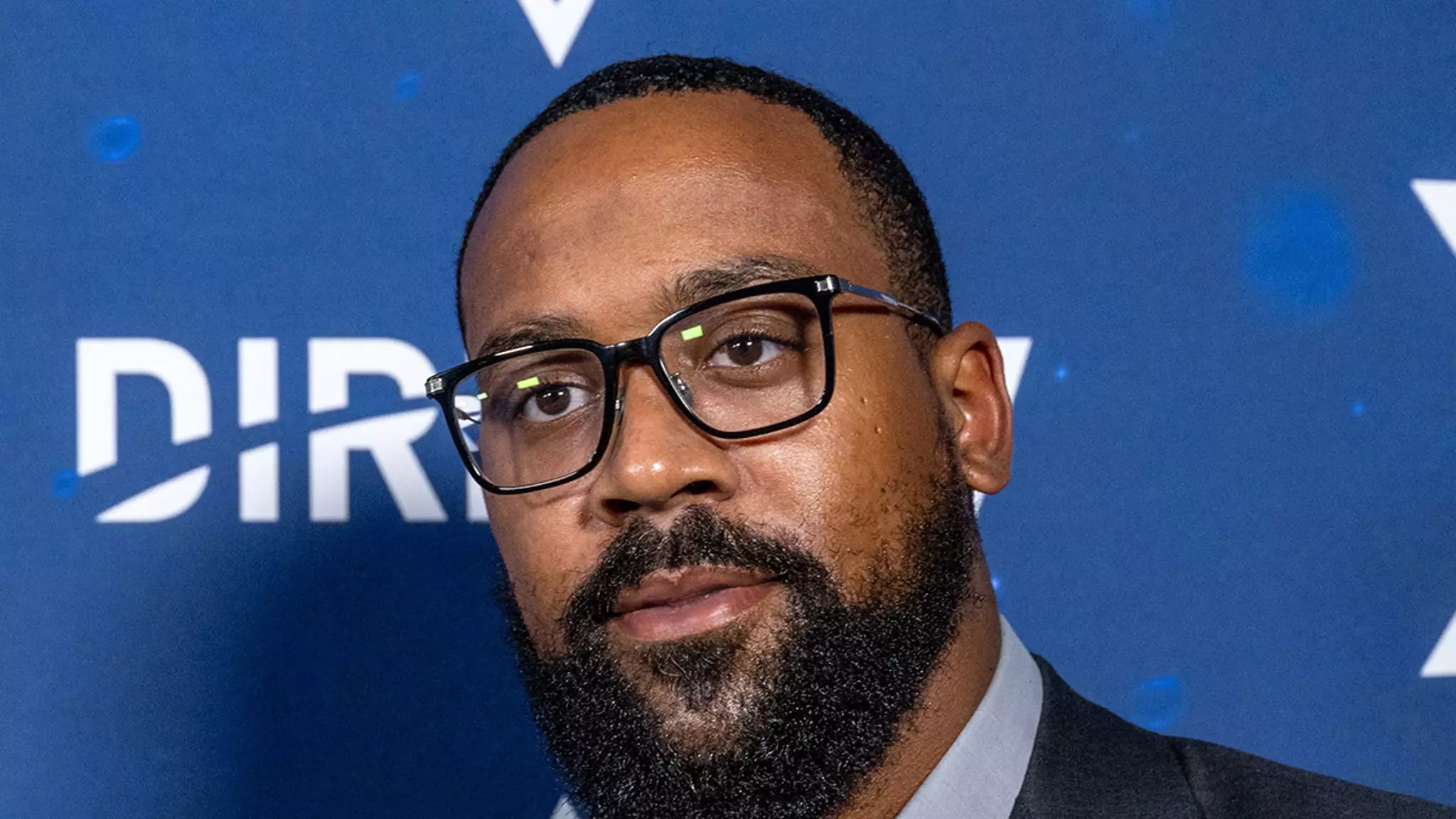Marcus Jordan’s life offers a compelling narrative of ambition, struggle, and the relentless quest for identity beyond the formidable shadow of his legendary father, Michael Jordan. While many perceive him solely as Michael’s son, Marcus’s journey proves that establishing a personal path can be an arduous endeavor, fraught with both external expectations and internal battles. His story is a testament to the turbulence that often accompanies living in the limelight, revealing a full spectrum of successes and setbacks that shape who he is today.
Initially, Marcus sought recognition in the realm of sports, following in his father’s footsteps to some extent. His brief stint on the basketball team at the University of Central Florida provided a platform that many assumed would be his defining achievement. However, the reality was more complicated; he left the team prematurely, indicating that perhaps the weight of his legacy or personal aspirations diverged from the path laid out before him. This early departure was a stark reminder that living under a legendary name doesn’t guarantee an easy journey or fulfillment.
Transitioning from athletic pursuits, Marcus pivoted towards entrepreneurship with the launch of Trophy Room, a high-end sneaker store situated in Disney Springs. Opening a retail venture at a pivotal location reflected boldness and a desire to carve out his own empire. Yet, the closure of Trophy Room in 2019 exposed the volatile nature of business, especially in an industry saturated with competitors. It underscores the reality that even seemingly prosperous ventures require resilience amid setbacks—an essential trait for anyone aiming for long-term success.
Beyond business, Marcus’s foray into reality television revealed another dimension: his willingness to embrace the chaotic realm of public scrutiny. His participation in “The Traitors” was a calculated move to diversify his persona, but early elimination highlighted the unpredictable nature of such entertainment pursuits. It became clear that regardless of his intentions, the media’s focus often shifted toward controversies that overshadow individual accomplishments. The constant attention—whether for entrepreneurial endeavors or personal life—illustrates how fame can become both an asset and a burden.
Perhaps the most human aspect of Marcus’s story lies in his tumultuous relationships, especially with Larsa Pippen. Their on-again, off-again romance captured headlines and fueled speculation among fans and critics alike. These high-profile relationships reveal how personal lives intertwine with public personas, often blurring the lines of privacy. While Marcus seeking love and connection is natural, his vulnerabilities are amplified under the relentless glare of fame, making it harder to navigate genuine intimacy.
Adding a darker layer, Marcus’s encounters with law enforcement paint a more cautionary picture. His legal issues, including arrests for resisting arrest, DUI, and cocaine possession, serve as stark reminders that personal struggles do not discriminate based on background or success. His decision to name-drop his father during a police incident, coupled with eccentric requests like playing Mariah Carey songs in custody, illustrates a complex mix of bravado, defiance, and perhaps a deeper cry for attention or validation amid chaos. These episodes not only tarnish his personal reputation but also challenge the perception of inherited privilege as immunity from legal consequences.
Critically examining Marcus Jordan’s narrative reveals an individual fighting to forge a meaningful identity beyond his father’s towering legacy. His ambitious business ventures, attempts at television fame, and tumultuous romantic life expose a multifaceted personality striving for recognition on his own terms. Yet, the recurring legal issues suggest a pattern of internal conflict, perhaps driven by the weight of expectations or personal missteps. His story becomes a mirror reflecting how fame can unearth both potential and vulnerability—a double-edged sword that demands relentless self-awareness and growth.
Ultimately, Marcus Jordan embodies the modern struggle of balancing legacy with self-authorship. His experiences demonstrate that while the world offers fame and opportunity, true fulfillment hinges on confronting one’s imperfections and forging resilience amid adversity. His journey is far from over, but it undeniably offers valuable lessons about authenticity, the cost of public exposure, and the relentless pursuit of self-definition in a world obsessed with perfection.

